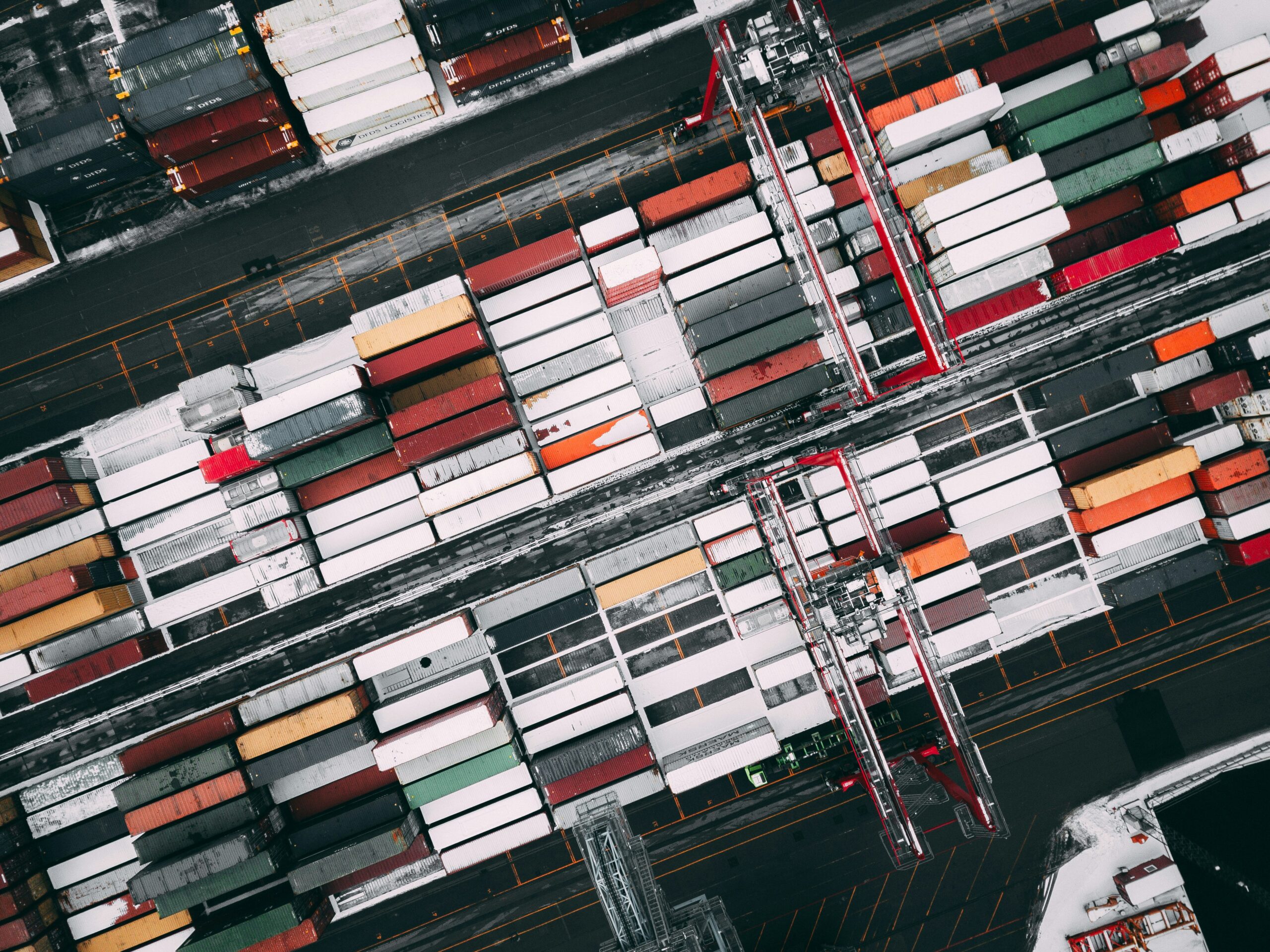The UK has made a swathe of trade deals in recent months, notably with India, the EU and the U.S., with more anticipated to follow. These agreements mark a pivotal moment for UK small and medium-sized enterprises (SMEs), offering unprecedented opportunities to expand into new markets, streamline trading processes and bolster supply chain resilience amid wider geopolitical uncertainty. However, while the potential is vast, SMEs must ensure they have the right infrastructure in place to fully capitalise on these opportunities and navigate the complexities of cross-border operations that come from scaling globally.
A new era of opportunity
The UK’s recent trade deals open the door for SMEs to access new markets with reduced barriers and red tape. For instance, the UK-India trade agreement is expected to lower tariffs on key exports, while the US deal aims to simplify regulatory hurdles for British businesses. These developments mean SMEs can now explore international growth with fewer constraints, enabling them to diversify their customer base and reduce reliance on domestic markets.
Expanding into new markets also allows SMEs to tap into growing consumer demand in emerging economies. India’s burgeoning middle class presents a lucrative opportunity for UK businesses in sectors such as technology, manufacturing and professional services. Similarly, the US remains one of the largest and most dynamic markets in the world, offering UK SMEs a chance to significantly scale their operations.
However, while the reduction in red tape is a welcome step, it’s not a cure-all for businesses. SMEs must still address internal challenges to fully realise the benefits that these trade agreements promise.
The challenge of legacy systems
One of the most significant barriers to international expansion for SMEs is the reliance on outdated financial systems. Legacy systems often lack the flexibility and efficiency required to manage cross-border transactions, leading to delays, higher costs and a subpar experience for both customers and suppliers.
Traditional banking systems can impose high fees for international payments, eroding precious profit margins for SMEs. Additionally, currency fluctuations and the lack of real-time payment tracking can create uncertainty, making it difficult for businesses to manage cash flow effectively. These inefficiencies hinder operational performance and risk damaging relationships with international partners and customers.
Legacy systems often struggle to integrate with modern e-commerce platforms and supply chain technologies. This disconnect can result in fragmented operations, making it harder for SMEs to scale their businesses and compete in global markets despite having a supportive economic backdrop.
Building the right infrastructure for growth
To overcome these challenges, SMEs must invest in modern technology and financial infrastructure that supports their international ambitions. This includes adopting digital payment solutions that offer faster and more cost-effective cross-border transactions. This forward-looking approach is critical, especially when considering the needs of consumers in different regions. For example, recent research from Airwallex found that customers in Southeast Asia expect a checkout experience tailored to their location, with currency transparency emerging as a fundamental requirement, with more than 90% of shoppers across the region stating they need clear pricing in their local currency before committing to a purchase. By having a more technologically advanced payment infrastructure in place, SMEs can pick and choose a payment stack that best suits their needs and the needs of their customers, wherever in the world they may reside.
By addressing these internal barriers, UK SMEs can unlock the full potential of recent trade deals, driving growth not only for their businesses but also for the broader UK economy. SMEs are the backbone of the UK’s economic landscape, accounting for over 99% of all businesses and 46.7% of all jobs, significantly contributing to UK employment and GDP. When SMEs thrive, the ripple effects are felt across the economy, from job creation to increased tax revenues.
Empowering SMEs to compete globally enhances the UK’s reputation as a hub for innovation and entrepreneurship. This attracts foreign investment and strengthens the country’s position in the global marketplace.
The UK’s recent trade agreements present a golden opportunity for SMEs to expand their horizons and achieve sustainable growth. However, to seize this moment, businesses must address the limitations of legacy systems and invest in the infrastructure needed to support cross-border operations. By doing so, SMEs can enhance their own prospects but also contribute to the UK’s economic resilience and global standing.
Ben Hornby, Director, SME & Growth, UK at Airwallex

